Cuban president says he won’t attend Summit of Americas in Los Angeles
Cuban President Miguel Díaz-Canel said Wednesday that “under no circumstances” will he attend the Summit of the Americas set to be held in Los Angeles next month.
This comes after several regional leaders have warned they would skip the meeting if some nations were excluded.
The US is welcoming Latin American leaders to Los Angeles for the June 6-10 event, which is crucial to Washington's ability to demonstrate its influence in the Western Hemisphere.
And although the full guest list has not been finalized yet, the leaders of Cuba, Venezuela and Nicaragua risk not being invited.
In a message on Twitter, Díaz-Canel said that “it is known that the United States had conceived early on that the Summit of the Americas would not be inclusive.”
“I can assure you that, under no circumstances, will I attend,” he wrote.
“As it has happened often times in the past, the voice of #Cuba will be heard at the Ninth Summit of the Americas,” he added.
Díaz-Canel also accused the United States of again pressuring Latin American and Caribbean allies to attend the summit despite the expected shortened guest list.
“It is also known that the United States has been engaged in intensive efforts and has exercised brutal pressures to demobilize the just and firm claims of the majority of the countries of the region demanding that the Summit should be inclusive,” he noted.
He thanked the countries, which raised their voices against exclusions, for adopting such a "courageous and dignified" stance.
“We share the position adopted by the leaders of the region who have firmly stated that all countries should be invited on an equal footing,” he wrote.
Earlier this month, the State Department’s top official for the Western Hemisphere, Brian Nichols, said in an interview he did not expect the United States to issue invitations to the leaders of Cuba and Nicaragua or to Venezuelan President Nicolas Maduro.
US allies in the region, particularly Mexico, reacted negatively to Washington's decision, with Mexican President Andrés Manuel López Obrador saying he will miss the event and instead send Foreign Secretary Marcelo Ebrard if Cuba, Venezuela and Nicaragua are excluded.
In addition to excluding Cuba, the administration plans to leave Nicaragua and Venezuela off the guest list over accusations that their governments are authoritarian.
The US has maintained a harsh economic, financial, and commercial embargo against Cuba for more than 60 years.
Numerous resolutions by the UN General Assembly have said the move is in breach of international law. However, that has not prevented Washington from consistently voting against the UN resolutions demanding an end to the harsh embargo on Cuba.
Israeli reservist ends own life after being called up for active duty: Broadcaster
Iran’s gasoline use up 7.4% y/y in Apr-Nov: NIOPDC
EU’s Borrell urges end to Israel war, unimpeded access to aid for Gaza
VIDEO | Rising settler attacks across West Bank
Fresh Israeli strike targets positions in Syria, no casualties reported
Israeli settlers torch Palestinian cars, homes in West Bank town
Iranian diaspora in EU, UK deplore ban on national airline
VIDEO | Press TV's News Headlines


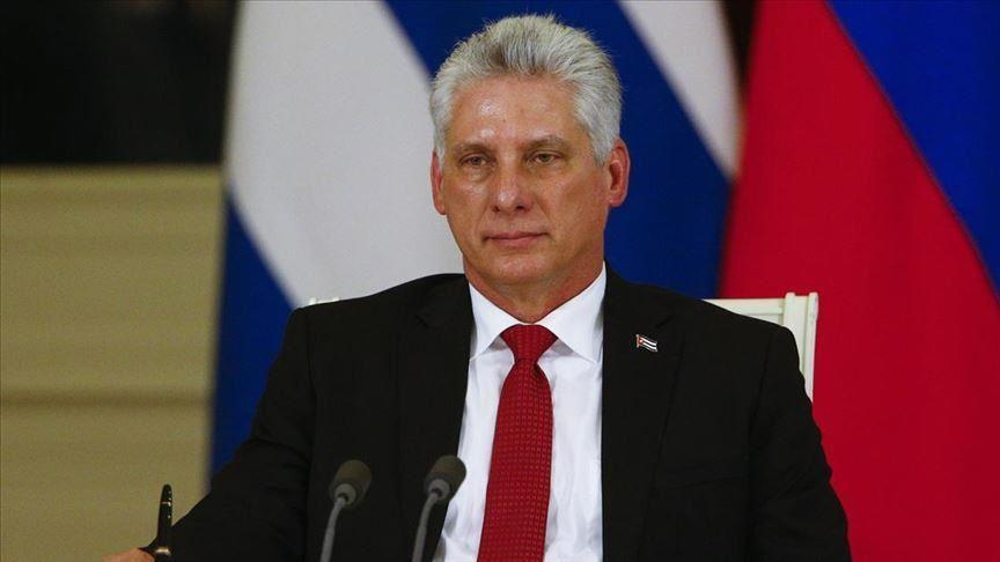
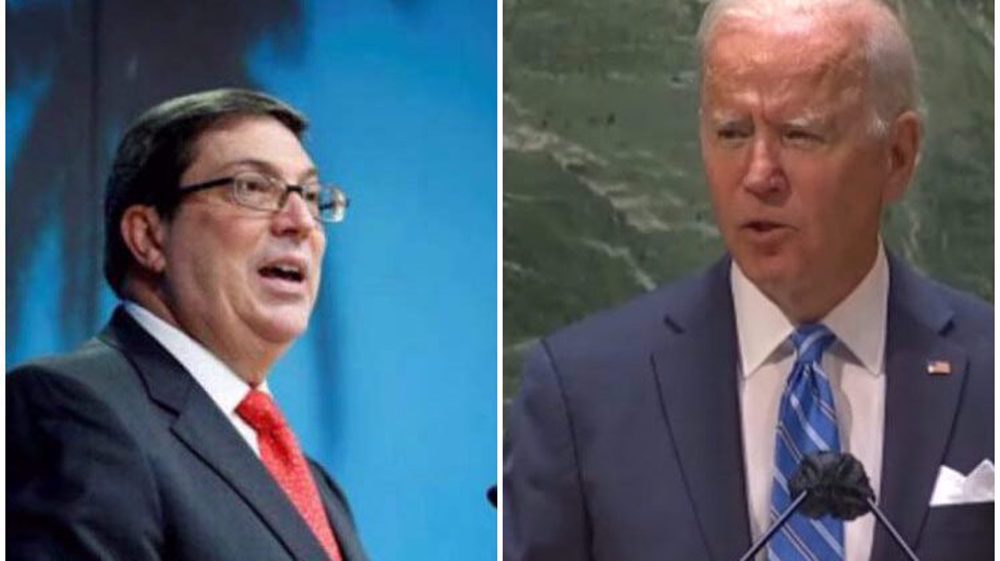
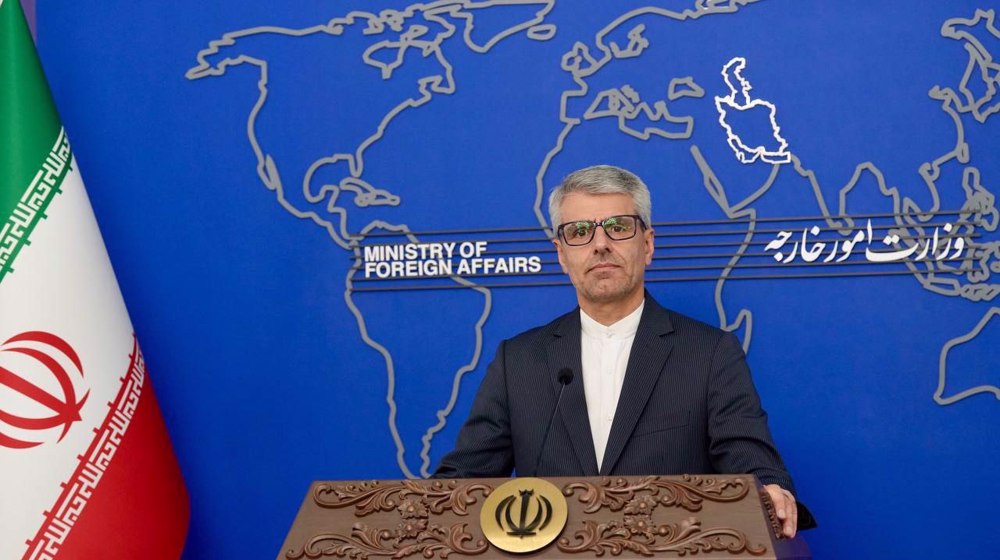
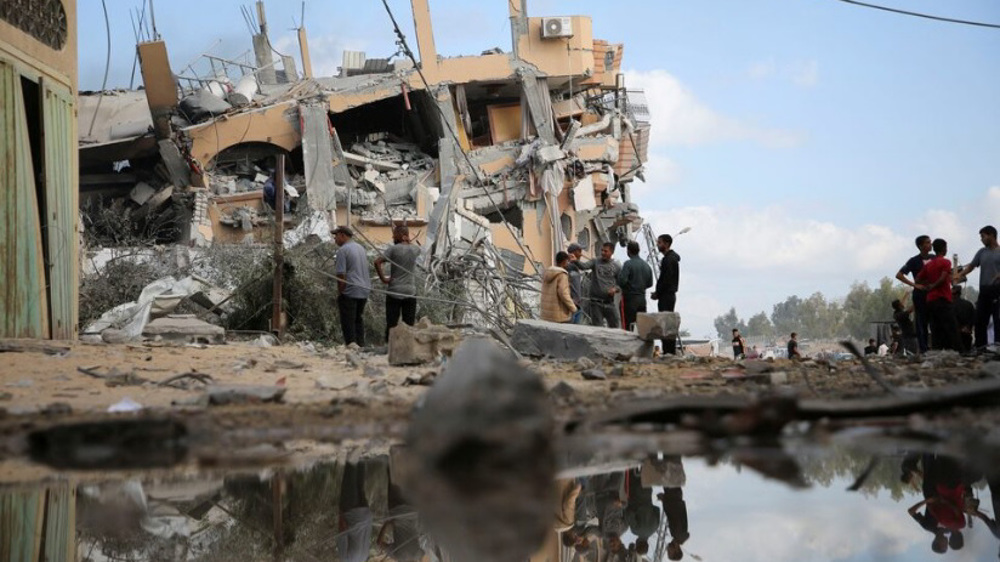




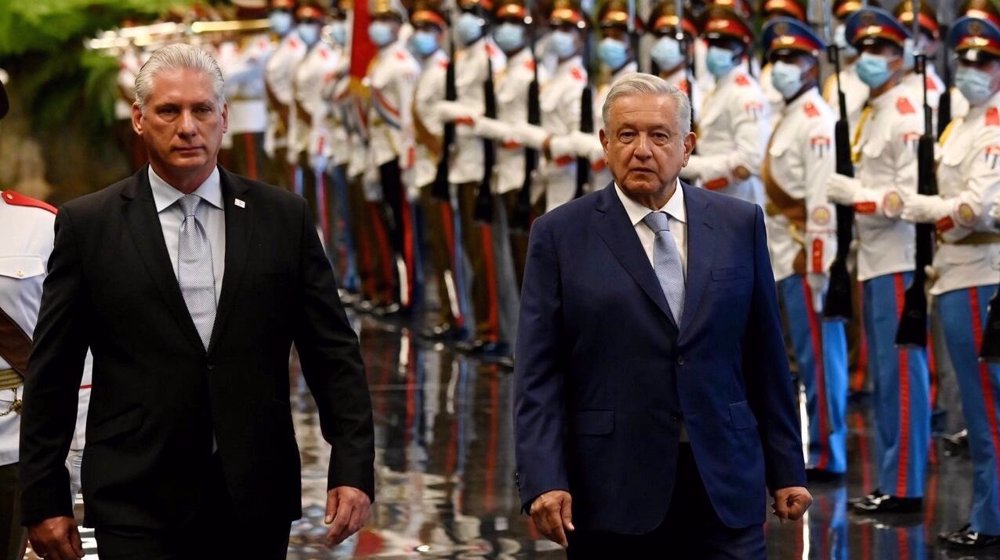
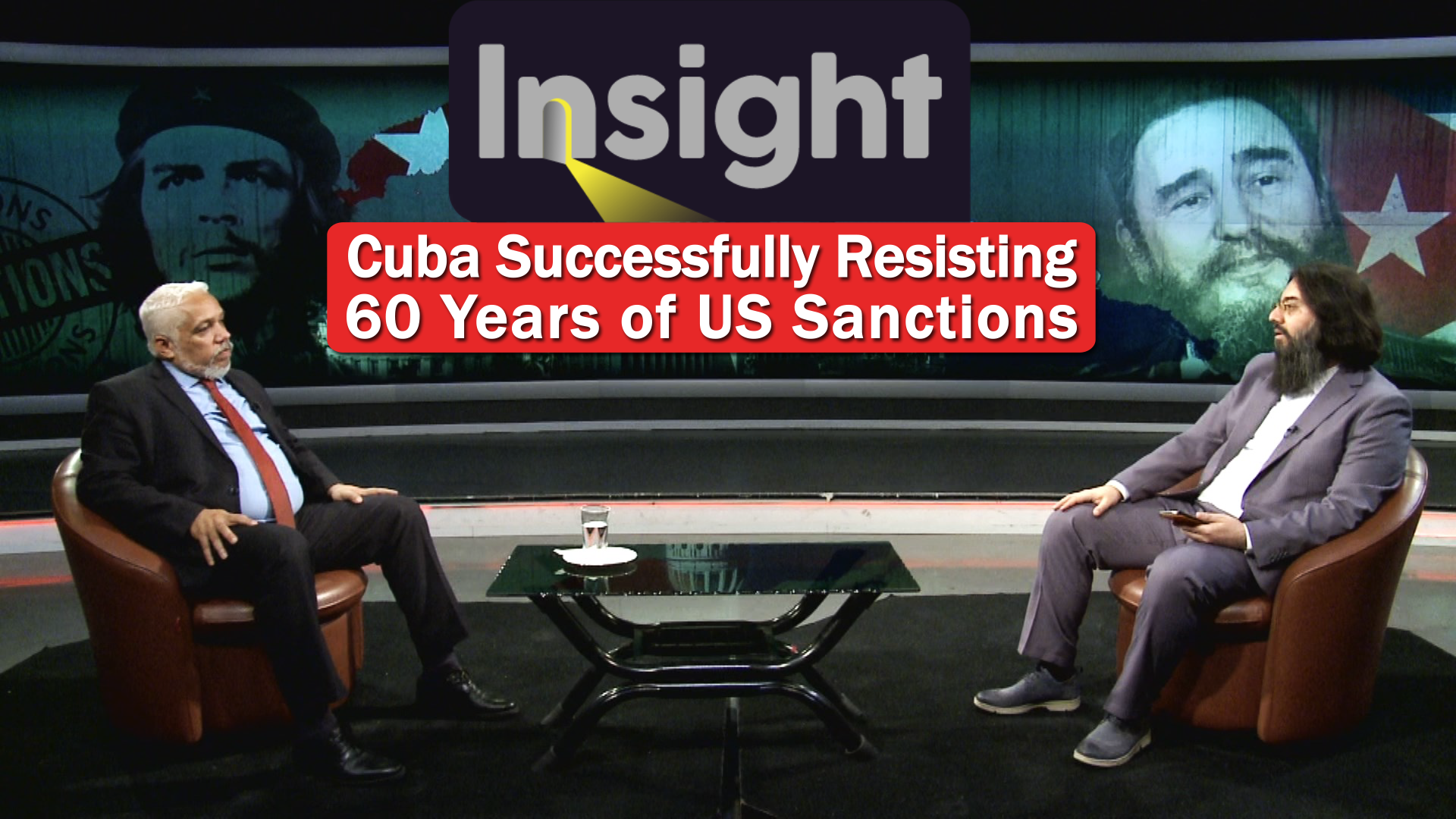

 This makes it easy to access the Press TV website
This makes it easy to access the Press TV website